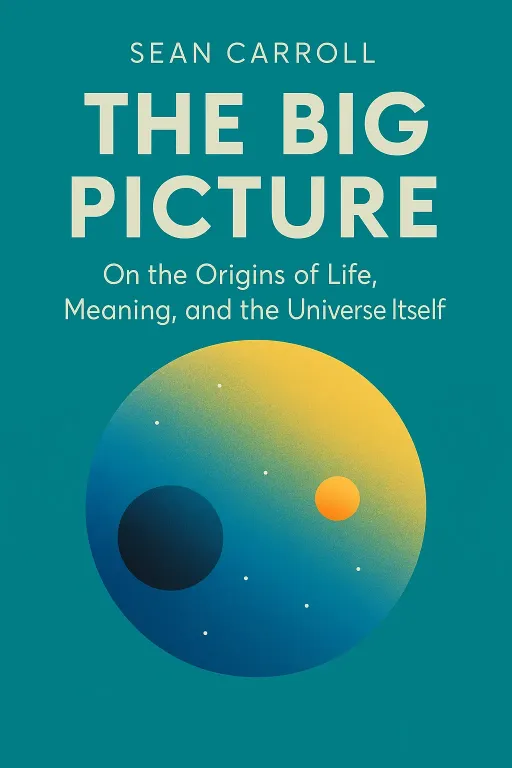
The Big Picture
Sean Carroll
A tour de force that offers a comprehensive snapshot of the human situation in our infinitely strange universe. Blending science and philosophy, Sean Carroll gives us a humane perspective on the universe and our place in it. As gripping as it is important, The Big Picture can change the way you think about the world.
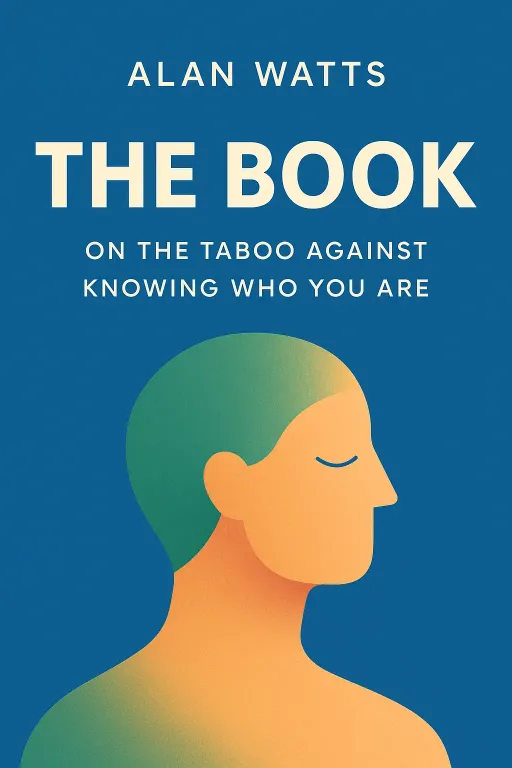
The Book
Alan Watts
This book explores the unrecognized taboo of ignoring who we really are, arguing that the sensation of oneself as a separate ego is a hallucination. Drawing on Western science and Eastern philosophy, it seeks to provide a sense of existence in accord with physical facts, overcoming alienation from the universe.

The Daily Stoic
Ryan Holiday
A daily devotional of Stoic wisdom, offering a meditation for each day of the year to cultivate self-mastery, perseverance, and a better life. Drawing from the works of Seneca, Epictetus, and Marcus Aurelius, this book provides actionable insights for modern living.
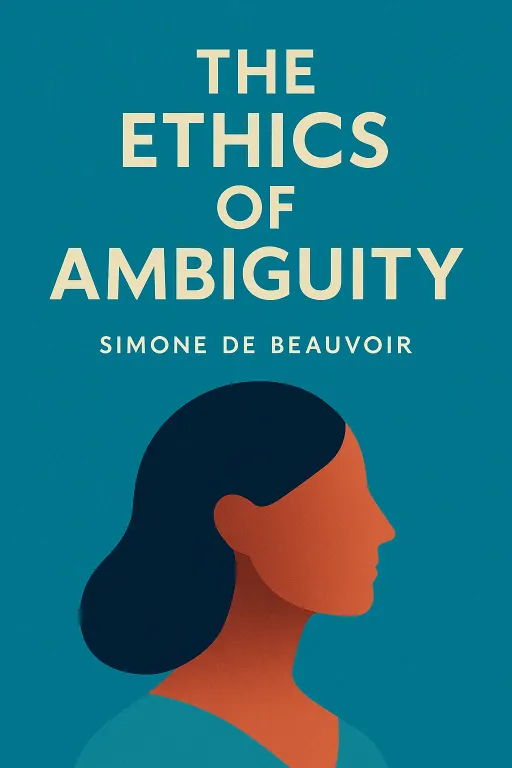
The Ethics of Ambiguity
Simone de Beauvoir
A profound exploration of existentialist ethics, Simone de Beauvoir delves into the complexities of human freedom, responsibility, and the inherent ambiguity of existence. This thought-provoking work challenges readers to confront the truths of life and death, solitude and connection, and the significance of each individual in an immense world.
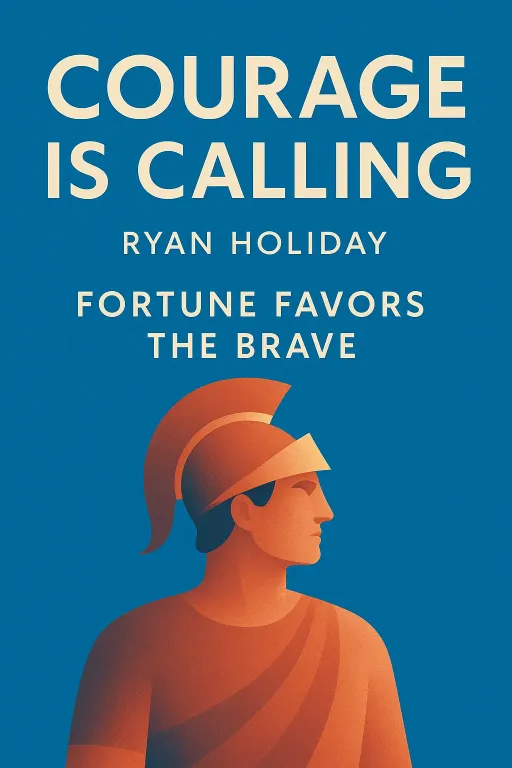
Courage Is Calling
Ryan Holiday
Discover the path to a life of courage and excellence with 'Courage Is Calling' by Ryan Holiday. Drawing on timeless wisdom and inspiring stories, this book explores the essence of courage, how to conquer fear, and how to live a heroic life. Are you ready to answer the call?
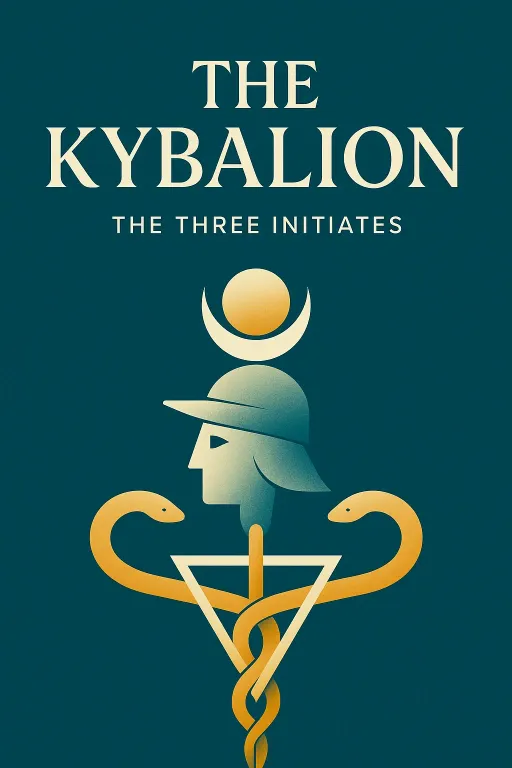
The Kybalion
The Three Initiates
Unlock the ancient wisdom of Hermes Trismegistus with The Kybalion. Explore the seven Hermetic principles that govern the universe and discover the keys to mental transmutation and spiritual mastery. A timeless guide for those seeking deeper understanding and personal transformation.
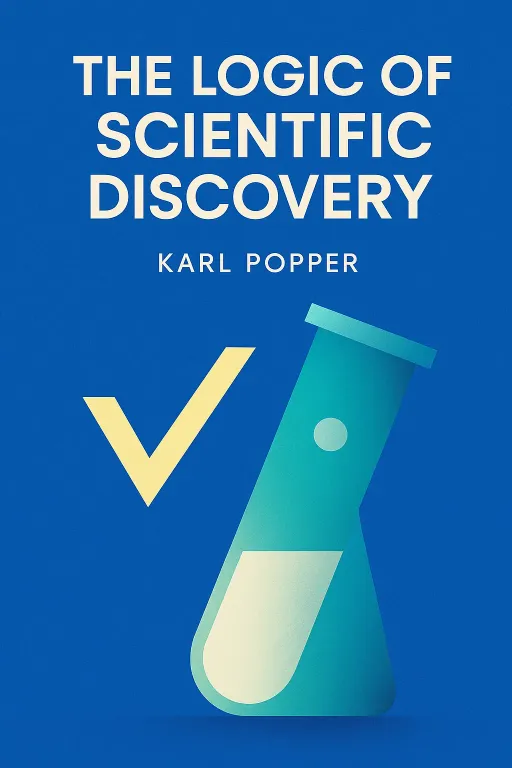
The Logic of Scientific Discovery
Karl Popper
A groundbreaking investigation into the foundations of scientific methodology. Popper challenges traditional views of induction and proposes a bold new approach based on falsifiability, offering a rigorous analysis of the logic of scientific discovery that continues to shape contemporary thought.
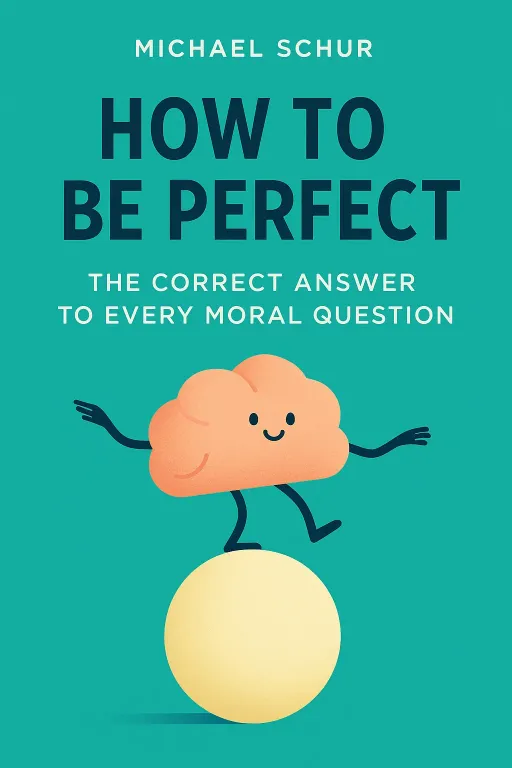
How to Be Perfect
Michael Schur
From the creator of The Good Place and Parks and Recreation, a hilarious, thought-provoking guide to living an ethical life, drawing on 2400 years of moral philosophy.